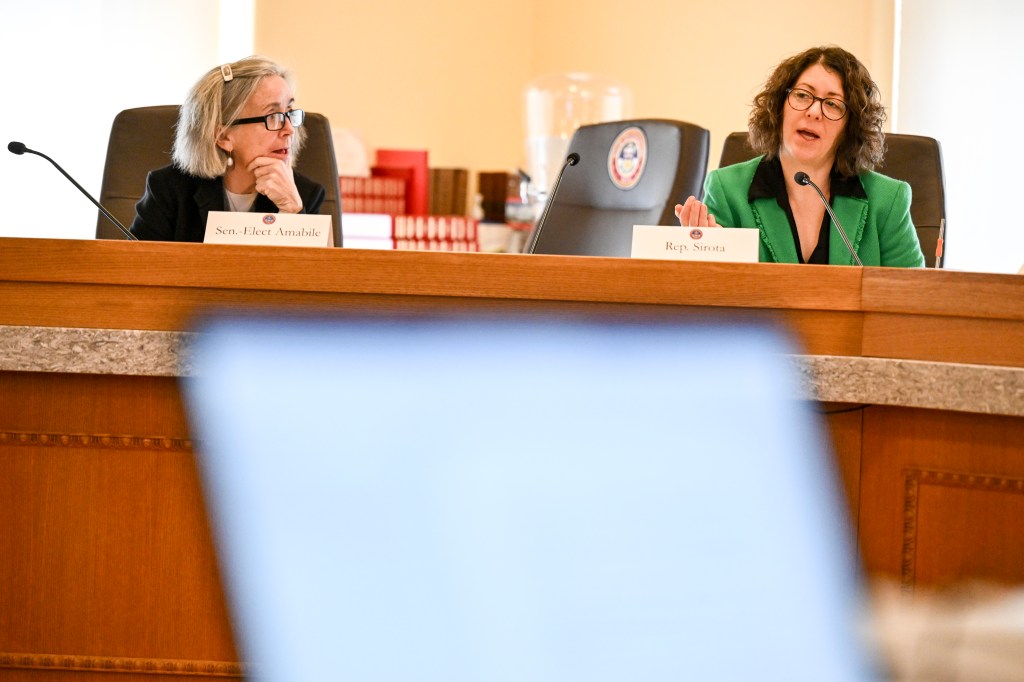Colorado budget writers have finalized the state government’s proposed spending plan — and they’ve done so without long-feared draconian cuts to Medicaid and education.
The powerful Joint Budget Committee, which wrapped its work Wednesday night, started the process last fall with a $1.2 billion spending hole it needed to fill. State spending, driven primarily by mandatory Medicaid costs for the lowest-income Coloradans, had been outpacing caps set by the Taxpayer’s Bill of Rights, or TABOR.
The size of the shortfall, out of a $16 billion-plus general fund budget, left the bipartisan membership of the committee and others worried they’d have to sever services for some of the most vulnerable Coloradans, or set back education goals. Instead, they preserved — or even gave small increases — to some of the services they consider most vital.
The JBC’s proposal — which now goes to the rest of the legislature — sets aside $150 million to boost education spending and gives Medicaid providers a small increase to their reimbursement rates.
“I think that this is a budget that everyone will be upset by and that everyone can be proud of,” said Sen. Jeff Bridges, a Greenwood Village Democrat and the chair of the budget committee. “We had to cut $1 billion, and we did it in ways where we are still maintaining our commitments to Colorado.”
To underscore the point, Bridges emphasized that the six-member, bipartisan committee voted unanimously to approve the budget proposal. He contrasted it with the partisan rancor and wanton budget slashing at the federal level in Washington, D.C.
But the cuts the committee did make — touching on alternative transportation programs, youth mental health screenings, and money for food banks — as well as delays for other programs would likely leave lawmakers filling another spending hole next year, members said.
“We’re going to have some really hard decisions next year,” Sen. Judy Amabile, a Boulder Democrat on the spending committee, said. “We took a lot of one-time money this year. We also took a lot of ongoing savings, but it’s going to be harder to find the one-time savings next year than it was this year.”
The committee’s finalizing of the budget package is only its first step to approval.
Officials plan to formally introduce the spending package next week in the Senate, where the full body will have a say on it. After it passes the chamber, it will go through the same process in the House before landing on Gov. Jared Polis’ desk.
A balanced budget is one of the few must-pass pieces of legislation every year. The spending plan covers the next fiscal year, which begins July 1.
Sen. Barbara Kirkmeyer, a Brighton Republican on the committee, likewise warned that she’s “concerned” for next year. This year’s proposal ultimately protects her strongest priorities of Medicaid, education and child welfare, she said, but it’s also “gliding” into next year’s budget crunch, versus crashing into it.
While Democratic members on the committee say the TABOR cap artificially constrains state spending — and that the time may be approaching to ask voters to modify the spending limit somehow — Kirkmeyer argues “you cannot spend your way out of a structural deficit.”


